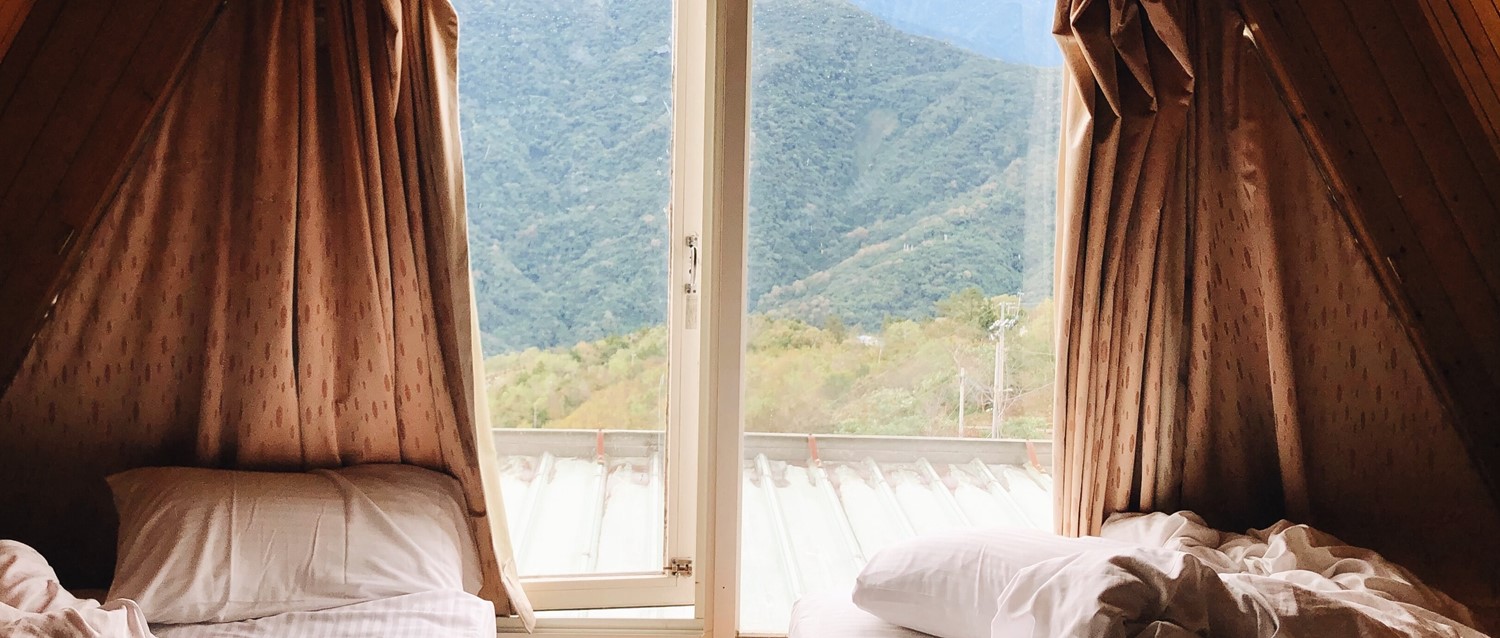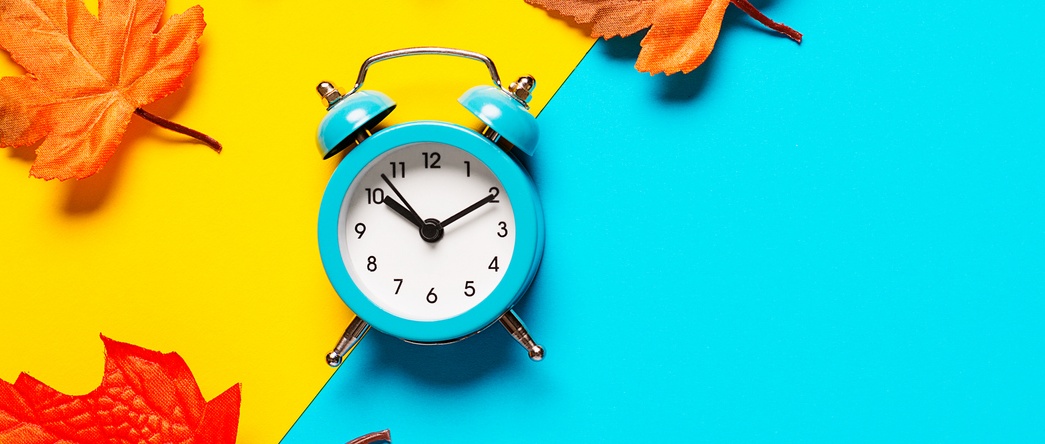
Tips for better sleep in summer
Peer reviewed by Dr Sarah Jarvis MBE, FRCGPLast updated by Abi MillarLast updated 22 Jul 2020
Meets Patient’s editorial guidelines
- DownloadDownload
- Share
- Language
- Discussion
Bright nights, hot bedrooms and high pollen counts can all mess with your shuteye in the summer. Here are some tips for sleeping better at this time of year.
In this article:
Video picks for Sleep and insomnia
One of the great pleasures of the winter months is curling up under the duvet with a hot water bottle. When it's dark and cold outside, the seasonal change can trigger an almost animalistic desire to hibernate.
The flip side of the equation is that when summer rolls round, many of us can struggle with our sleep. Lighter evenings can stop us feeling drowsy, and brighter mornings can jolt us awake earlier than we'd like. Meanwhile, hot days bring sticky nights, which can cause us to toss and turn in our beds.
As Lisa Artis, deputy CEO of The Sleep Charity, explains, regularly getting less sleep than you need brings with it a whole host of possible health issues.
"This includes heart disease, diabetes and strokes, not to mention how lack of sleep affects your mood, concentration and alertness," she says. "Sleep affects our learning and problem-solving capabilities. The more REM sleep we have, the easier it is to retain things learned the day before. Problems that appear insoluble when we're tired can become clear in the morning."
She adds that, once sleep deprivation starts to mount up, people start to make mistakes and find it harder to make decisions. They also have shorter tempers and slower reflexes, and are in most respects far from their best selves.
Continue reading below
Turn out the lights
So what should you do if you're susceptible to broken sleep in the summer? The first step is to dig down into the reasons. If you think light is the culprit, it's a good idea to keep your bedroom as dark as possible. Our brains and bodies are extremely sensitive to light, with light cues from the environment exerting a powerful influence on our body clocks.
"Light suppresses the secretion of the sleep-inducing substance melatonin," says Artis. "Invest in a blackout blind or heavy lined curtains."
For the same reason, it's wise to stay away from screens for an hour or two before bed or at the very least dim their brightness. Conversely, you should open the curtains as soon as you wake in the morning.
"Natural light, even on cloudy days, helps reset our internal body clock," says Artis. "It helps us get over feeling groggy when we have just woken up and makes us more alert. Get out into the natural light as soon as you can after waking up, and preferably around the same time every day."
Keep a cool head
Back to contentsThe heat can also play havoc with your sleep cycle, insofar as your body temperature needs to drop slightly before you drift off. During warm weather Artis suggests keeping the curtains drawn during the day to block out direct heat, and opening windows and doors to create a draught.
"If you've got an attic, try opening the hatch. Hot air rises and this will give it somewhere to go," she says. "Get rid of the duvet and blankets and sleep with just a cotton sheet. Wear light cotton nightwear - this is actually better than wearing nothing at all, as natural fabric will absorb any perspiration."
You could also have a cool shower or bath before bedtime to lower your core body temperature, as well as drinking plenty of cold water during the evening. And if all else fails, now's the time to be a little more inventive with your cooling techniques.
"Pull out your hot water bottle, but fill it with ice cold water and have it in bed with you," suggests Artis. "Chill a pillow case in the fridge before bedtime, or try one of the new cooling pillows that are available to buy - both will help you keep a cool head!"
Continue reading below
Avoid allergens
Back to contentsAnother reason it can be harder to sleep in the summer is that this is allergy season. If you suffer with hay fever, it's crucial to keep pollen at bay. You could do this by shutting the windows, using a pollen screen on the windows, or installing an air purifier to capture the particles and cool and circulate the air.
"Pollen grains come indoors and stick to bedding," says airborne allergens expert Max Wiseberg. "You can help reduce symptoms by frequently washing the bedding, covering the bed with a sheet that is carefully folded and stored away during the day, and turning pillows just before you get in."
He suggests taking a shower or bath before bed, to remove pollen particles from your hair and body and boost relaxation. And it's a good idea to avoid alcohol before bed.
"Beer, wine and spirits all contain histamine, the chemical that sets off allergy symptoms in your body," he says. "In addition to making you more sensitive to pollen, alcohol also dehydrates you, making your symptoms seem worse."
In fact, it might be wise to steer clear of that summer tipple even if allergies aren't a factor. Even though alcohol is a sedative, it can damage both the quality and quantity of your sleep.
"Our sleep tends to become fragile and light when we have a lot of alcohol in the evening. It can lead to lots of awakenings in the latter part of the night and feelings of being unrefreshed during the day," says Artis.
Some additional tips
Back to contentsWhatever the time of year, it's a good idea to avoid stimulants that contain caffeine, ideally eight and certainly four or five hours before bedtime, and to eat at regular times so as to strengthen your internal body clock. Exercise is important too but you need to time it right.
"Warmer weather and more socialising can lead to mealtimes being later in an evening. However, eating a heavy meal before bedtime can make it challenging to sleep at night," says Artis. In particular, it may make you prone to indigestion or heartburn when you lie down.
"If you don't currently exercise it's worth looking into slowly building in a gentle exercise programme, as exercise makes sleep deeper and more refreshing. However, a few studies have shown that exercising too close to bedtime can prevent sleep so we suggest leaving a window of at least two hours before bedtime without exercise."
People should seek help and support, she says, as soon as they notice they're struggling with insomnia. A good first step would be to fill in a sleep diary for two weeks, which can help you identify what it is that's keeping you awake.
"If you still need to see a GP or healthcare professional, a sleep diary proves useful as you'll then have evidence of your sleep-wake pattern, which can help with diagnosis and treatment," she says. "Cognitive behavioural therapy for insomnia (CBT-i) is often a successful route for dealing with sleep issues."
Whether it's stress or sunshine that's the culprit, sleep issues are a frustrating problem. But they can usually be addressed effectively with some very practical solutions.
Patient picks for Sleep and insomnia

Healthy living
Grounding mats: can they boost your wellbeing?
Grounding mats - often called earthing mats - are becoming popular among people looking for alternative ways to connect with the earth's natural energy. They're recognised in some wellness circles as a possible remedy for various health conditions and for enhancing your wellbeing. We look at what they're made of, how they work, and why they're believed to improve your health - if they actually do.
by Victoria Raw

Healthy living
Do you need more sleep in winter?
Feeling sleepy and sluggish in the middle of winter? You're not alone. We ask two sleep experts whether you really need more rest on colder, shorter days.
by Victoria Raw
Continue reading below
Article history
The information on this page is peer reviewed by qualified clinicians.
22 Jul 2020 | Latest version

Ask, share, connect.
Browse discussions, ask questions, and share experiences across hundreds of health topics.

Feeling unwell?
Assess your symptoms online for free
Sign up to the Patient newsletter
Your weekly dose of clear, trustworthy health advice - written to help you feel informed, confident and in control.
By subscribing you accept our Privacy Policy. You can unsubscribe at any time. We never sell your data.